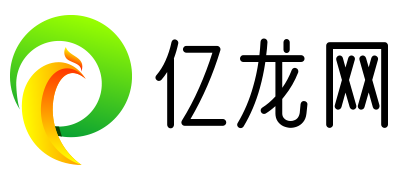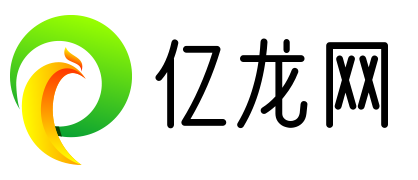before是介词,意为“在……之前,先于;在……面前”。当before在作为介词使用的时候,其后跟名词、代词或动名词,在作为连词使用的时候,其后要跟时间状语从句。before有三种用法,之一是用作介词,意思是“之前;在…面前”,第二是用作连词,意思是“在…以前;到…为止”,第三种是用作副词,意思是“以前;过去;已经”。
before the mast充当水手
before time提前
before the wind顺风
before the world在众人面前,公然
the day before yesterday前天
the week before last上上星期
before now从前,以前
take *** before court将…送上法庭
before day破晓前
before long不久,很快
He made a statement before the House of Commons.
他在下议院当众发表了一个声明。
He always put the interests of others before his own.
他总把他人的利益放在之一位。
I was inspired to work harder than ever before.
我受激励比以往任何时候都更加努力地工作。
He used to get some shut-eye before the game.
他以往常常在比赛前睡一会儿。
We must have a plan before doing any work.
做任何工作前,我们必须订好计划。
We all should warm up before doing some exercises.
开始做运动前,我们都应该热身。
before,ahead和forward的区别
这组词的共同含义是指“在某时间或地点以前”,其区别是:
1、before主要用于时间而少用于地点;而ahead和forward则主要用于地点而少用于时间。
2、用于地点时,ahead指自身以外的前方,而forward则指自身的前部。
3、用于指可顺、逆变化的机械运动时,ahead和forward则无明显差别,例如按顺时针拨动表针,可说set the clock forward,也可说set the clock ahead。


